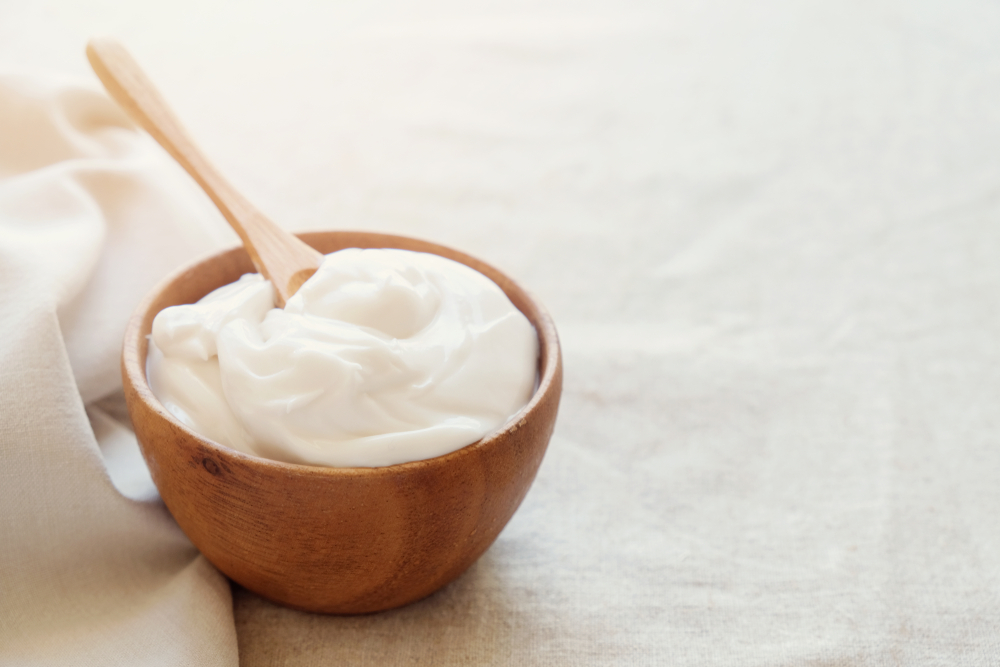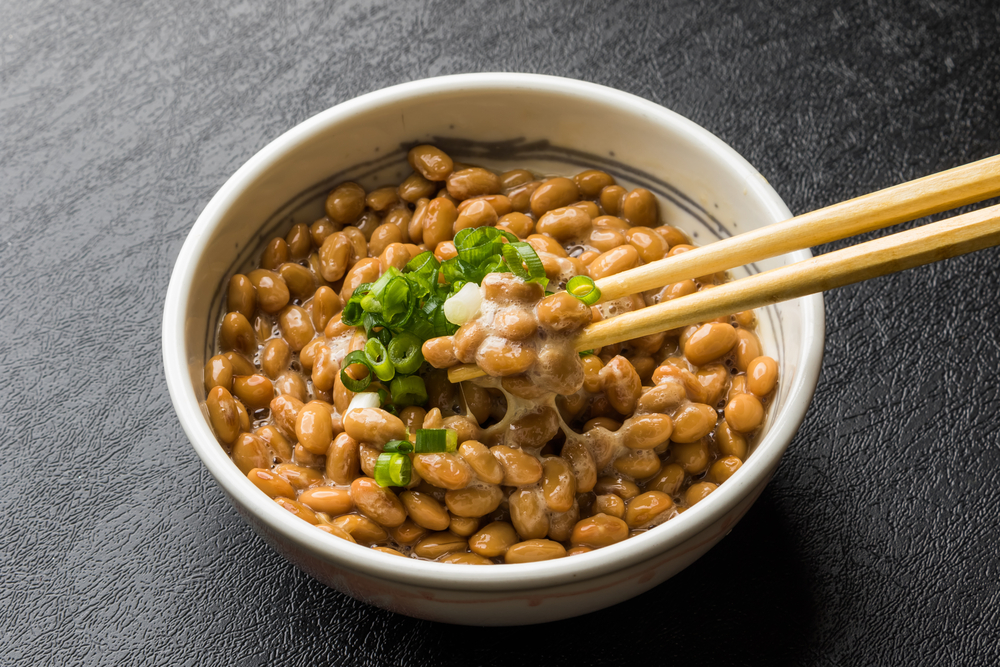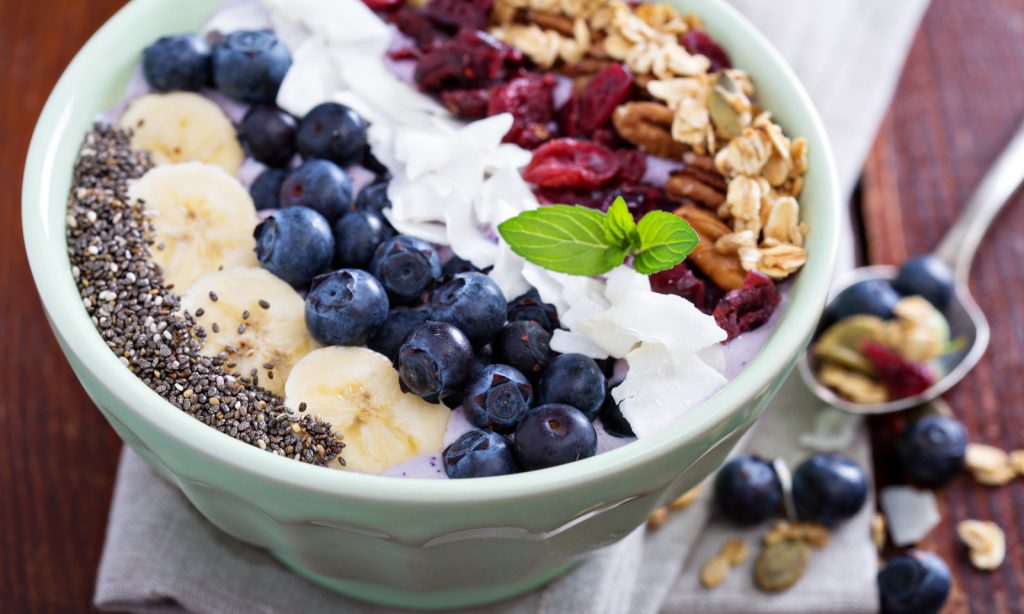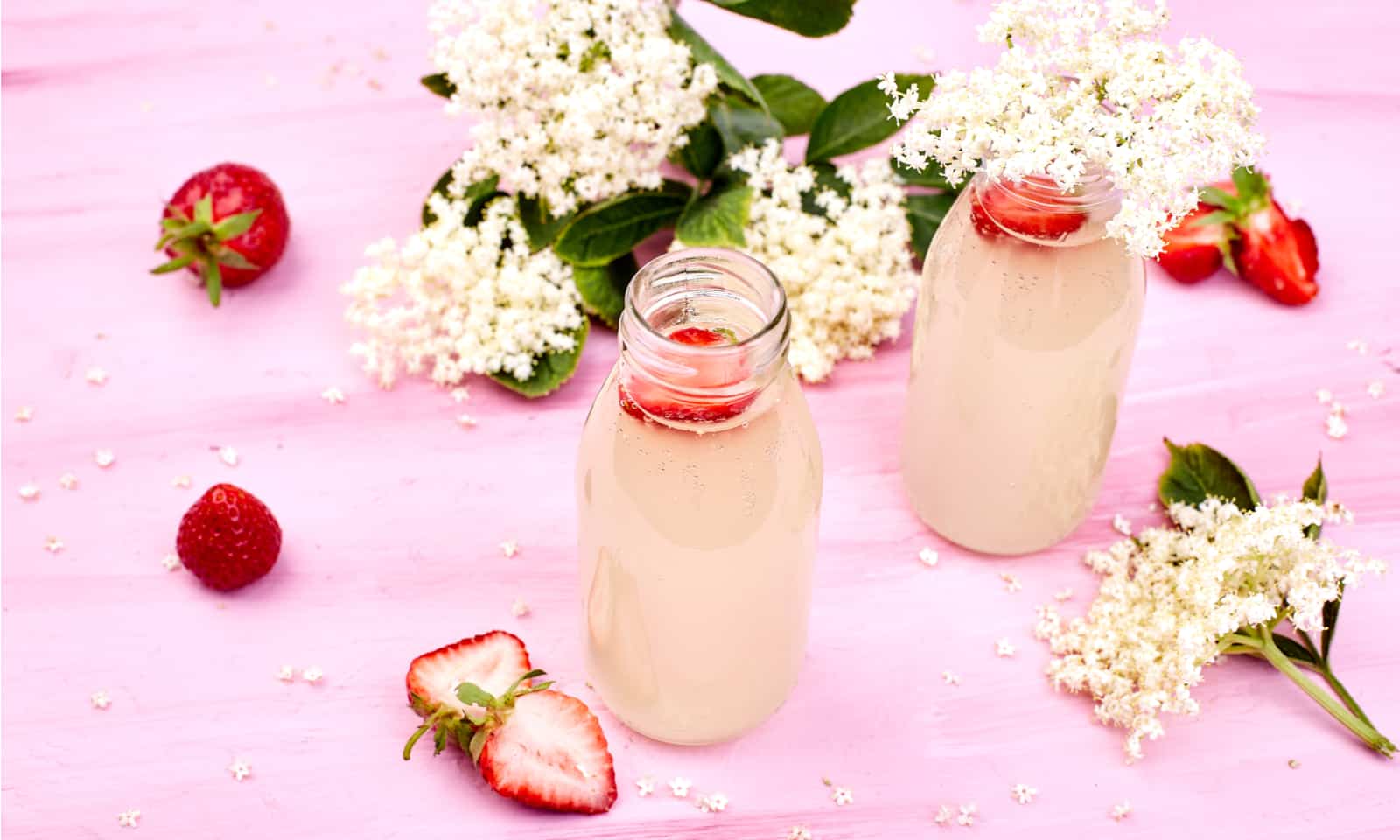

Aside from various nutrients, your body also needs living microorganisms to survive. Remember, not all microbes are harmful to your health. Some species of bacteria and fungi can also help protect your body, especially your digestive system. In fact, consuming fermented foods, like yogurt, is a good way to ease some digestive problems. But, what if you prefer dairy-free products? Here are other sources of probiotics that aren’t dairy.
1. Tempeh
If you’re searching for vegan meat alternatives aside from tofu, tempeh is a popular product you can try. Like tofu, tempeh is made of soybeans, but it is fermented. As such, this Indonesian dish can offer more health benefits. For example, because of its compact structure, tempeh has more protein contents compared to tofu. Moreover, this fermented soybean product is also an excellent source of calcium and beneficial microorganisms.
2. Kombucha
Kombucha is one of today’s most popular sources of probiotics. In fact, you can buy this fermented tea in a lot of grocery stores and coffee shops. Although kombucha has a sour taste, it can provide numerous health perks. Aside from improving your gut’s health, this fizzy beverage is also rich in antioxidants that can help fight the damaging effects of free radicals, such as premature aging. However, you should always buy this product from reputable sellers to ensure quality and safety. And before you grab just any kombucha, try to grab one with 10 grams of sugar or less, otherwise you’re basically drinking a soda!
3. Cultured Vegetables
Cultured vegetables are now gaining popularity all over the world, which originated in several countries, like Korea (kimchi) and Germany (sauerkraut). The reason is not only due to the products’ distinct flavor. Cabbage, the primary ingredient in these dishes, can also offer several benefits, such as boosting your body’s collagen production and improving your heart’s health. The best part is that the fermentation process unleashes the numerous healthful substances in cabbage and the other ingredients in the dish. As a result, you can absorb the nutrients in cultured vegetables with less effort. So, you’re getting more than just beneficial bacteria from these products.
4. Coconut Kefir
If looking for a dairy-free version of kefir, you can try coconut kefir. As you know, coconut water can provide various perks, such as stress relief and promoting a healthy heart. Once fermented, this tropical drink becomes one of the most well-liked sources of probiotics. An added bonus is that the fermentation process reduces the sugar content of coconut water, which is advantageous for people trying to lower their sugar intake.

5. Miso Paste
If you’re a fan of Japanese cuisine, you’ve probably tried their traditional dish known as miso soup. This nutritious food contains miso paste, a salty condiment made of fermented soybeans, rice, barley, and koji (fungus). But, before you disregard this fermented product because of its fungus ingredient, keep in mind that miso paste is a good source of good bacteria and various nutrients, like iron. However, heat can kill the live microorganisms in this fermented product. Thus, when cooking with this condiment, add it once the dish is cool to reap the numerous health benefits of the food.
6. Apple Cider Vinegar
Aside from those common sources of probiotics, you can also consume small amounts of apple cider vinegar (ACV) to get some beneficial microorganisms. However, when buying this condiment, always pick raw, organic, and unpasteurized product. In addition, you should also choose a brand with a “mother” content or sediments at the bottom of the bottle to reap the various benefits of apple cider vinegar, like achieving a healthy weight and getting a youthful complexion.
7. Natto
Finally, the least popular food in this list of probiotic foods originated in Japan, which is natto. Like tempeh and miso paste, this product is made of fermented soybeans, thus containing potent strains of good bacteria. But, that’s not all. Natto is also an excellent plant source of calcium, iron, and protein. However, this product is not for everyone. Natto has a slimy texture and bitter flavor that you may or may not approve.

Overall, consuming products with beneficial microorganisms is a great way to strengthen your body, especially your digestive health. However, yogurt and probiotic supplements are not your only choices. Adding these common sources of probiotics to your diet can definitely help boost your gut’s health, especially if you pick unpasteurized products.
YOU MAY ALSO LIKE
6 Plant-Based Foods that Boost Your Metabolism
























